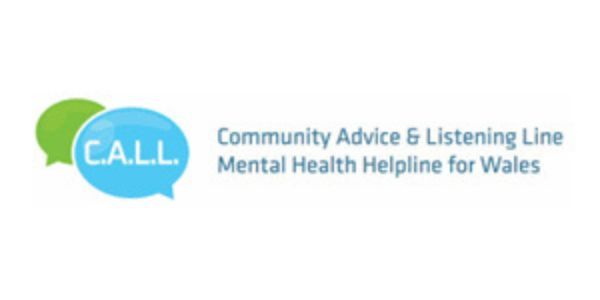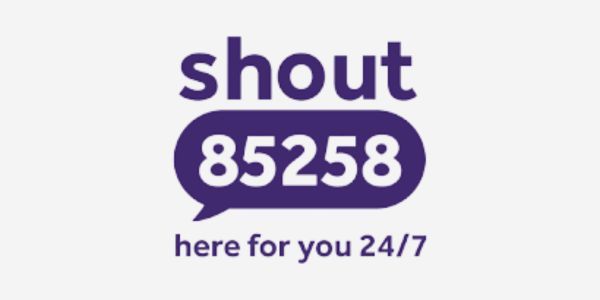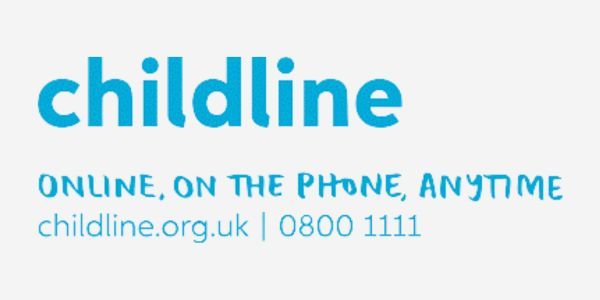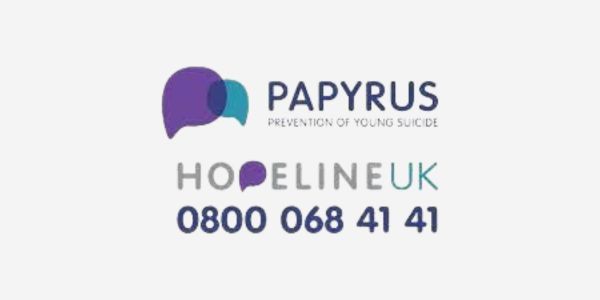Lymphadenopathy
If your child has any of the following:
- Is pale, mottled and feels abnormally cold to touch
- Is going blue around the lips or has pauses in their breathing (apnoeas) or has an irregular breathing pattern
- Severe difficulty in breathing - too breathless to talk or eat/drink
- Has a fit/seizure
- Becomes extremely agitated (crying inconsolably despite distraction), confused or very lethargic (difficult to wake)
- Develops a rash that does no disappear with pressure (see the 'Glass Test')
You need urgent help.
Go to the nearest Hospital Emergency (A&E) Department or phone 999
If your child has any of the following:
- Continues to have a fever of 38.0°C or above for more than 5 days
- Develops pain and redness of the lymph node
- Lymph nodes increasing in size - bigger than a 10 pence coin
- Unexplained bruising
- Losing weight
You need to contact a doctor or nurse today.
Please ring your GP surgery or contact NHS Wales111
If your child:
- Continues to have enlarged lymph nodes that are slowly improving but he/she is otherwise healthy
- Small lymph nodes may persist for years
Self care
Continue providing your child’s care at home. If you are still concerned about your child, ring your GP surgery or contact NHS Wales111
- Use painkillers such as ibuprofen and paracetamol to keep your child comfortable - please read and follow the instructions on the medicine container.
- It is normal for lymph nodes in your child's neck to be enlarged when they have an infection such as a sore throat. This is your child's normal response to fighting common infections. Antibiotics are not normally required.
- Children with severe eczema often have enlarged lymph nodes. This will improve with treatment of your child's eczema.
- Occasionally, enlarged lymph nodes can become infected. If the lymph node is painful, red and hot, your child will need to see a healthcare professional because they may need treatment with antibiotics.
- If your child has been prescribed antibiotics for an infection of their lymph nodes and still has a fever after 2 days, they will need to be seen again.
- Your child should start getting better within a couple of days but their lymph nodes may take 2-4 weeks to improve. Small lymph nodes may persist for years.
LEFT: Painless enlarged lymph nodes on both sides of the neck (bilateral) associated with a sore throat - likely to improve without treatment.
RIGHT: Painful, hot swelling on left side of neck caused by an infected lymph node - requires treatment with antibiotics
This guidance is written by healthcare professionals from across Hampshire, Dorset and the Isle of Wight.
NHS 111 Wales
Website: NHS 111 Wales
NHS 111 Wales (Option 2) telephone service is available 24/7 and can be used for urgent mental health advice and support.
Meic
Website: www.meiccymru.org
Meic is the helpline service for children and young people up to the age of 25 in Wales. Chat online, freephone 080880 23456, or text 84001.
C.A.L.L. Community Advice Listening Line
Website: www.callhelpline.org.uk
Provides a confidential mental health listening and emotional support line which is open 24/7. Call 0800 132 737 or text ‘help’ to 81066.
Shout
Website: www.giveusashout.org
Text ‘shout’ to 85258 anytime, day or night.
Childline
Website: www.childline.org.uk
If you’re under 19 you can confidentially call, chat online or email about any problem big or small.
Samaritans
Website: www.samaritans.org/wales/samaritans-cymru/
Call 116 123 free, anytime, day or night.
Papyrus
Website: www.papyrus-uk.org
Are you, or is a young person you know, not coping with life? For confidential suicide prevention advice contact HOPELINEUK. We are open 9am–midnight every day.
Campaign Against Living Miserably (CALM) for men
Website: www.thecalmzone.net
Need help? Call our helpline 5pm-midnight, 365 days a year on 0800 58 58 58.
DAN 24/7 - Wales Drug and Alcohol Helpline
Website: www.dan247.org.uk/
Freephone 0808 808 2234, or text DAN to 81066.
NHS 111 Wales
Website: NHS 111 Wales
NHS 111 Wales (Option 2) telephone service is available 24/7 and can be used for urgent mental health advice and support.
Meic
Website: www.meiccymru.org
Meic is the helpline service for children and young people up to the age of 25 in Wales. Chat online, freephone 080880 23456, or text 84001.
C.A.L.L. Community Advice Listening Line
Website: www.callhelpline.org.uk
Provides a confidential mental health listening and emotional support line which is open 24/7. Call 0800 132 737 or text ‘help’ to 81066.
Shout
Website: www.giveusashout.org
Text ‘shout’ to 85258 anytime, day or night.
Childline
Website: www.childline.org.uk
If you’re under 19 you can confidentially call, chat online or email about any problem big or small.
Samaritans
Website: www.samaritans.org/wales/samaritans-cymru/
Call 116 123 free, anytime, day or night.
Papyrus
Website: www.papyrus-uk.org
Are you, or is a young person you know, not coping with life? For confidential suicide prevention advice contact HOPELINEUK. We are open 9am–midnight every day.
Campaign Against Living Miserably (CALM) for men
Website: www.thecalmzone.net
Need help? Call our helpline 5pm-midnight, 365 days a year on 0800 58 58 58.
DAN 24/7 - Wales Drug and Alcohol Helpline
Website: www.dan247.org.uk/
Freephone 0808 808 2234, or text DAN to 81066.
- Try to stay calm.
- Tell them you are there for them and that you are not upset or angry.
- Tell them you are pleased they have told you they are having thoughts of harming themselves and that you are able to help them through this time.
- Listen to what they are saying even if they are venting anger or other negative emotions at you.
- Listen without interrupting.
- Validate their thoughts and feelings – they are real and important.
- Try to be emotionally available and present for your child.
- Once things appear to be settling please encourage your child to relax as the day/ evening progresses and make some suggestions for things you can do together to distract them from their thoughts (see below for some ideas).
- Try to proactively manage any potential conflicts or arguments within your immediate environment.
- Be mindful of excessive use of mobile devices but that young people really need to feel connected to others at times of distress.
If you are concerned that your child/ young person is at risk of harming themselves, please ensure the following:
- All medications (prescribed/ over the counter/ vitamins) are removed and/ or locked in a strong lockable medical box or locked cupboard. Medication needs to be stored in this way in all houses where the young person stays, including grandparents, foster carers, step parents and residential homes.
- All sharp objects, such as knives and razor blades, to be removed and/ or stored securely.
- Ensure the young person has not got a stock of medication or sharp objects in their room or amongst their property.
- Other environmental risks in your home should be considered, e.g. removing ropes, ties, dressing gown ties.
- Do not allow your child/ young person to go out alone or with friends during times of distress and when they are voicing thoughts of self-harm or suicide.
- Monitor your child/ young person’s mood and behaviour closely.
- Increase your presence and supervision of your child at home, if needed remaining awake or checking on them during the night.
- Ask them about thoughts of self-harm and suicide.
- Look out for any warning signs in your child/ young person that they might be struggling.
- Distract yourself - watch a film or TV programme, play a computer game that absorbs your mind, or read a book you’re really interested in
- Get creative – drawing, mindful colouring, taking photos, listening to music, singing
- Get moving – walk, run, dance, do an exercise or yoga video
- Comfort yourself – have bubble bath or shower, eat something you like, stroke a pet, cuddle up tightly in a blanket, rock/ hug yourself, spray a favourite perfume
Alternatives to self-harm when the urge to harm is very strong:
- Hold ice in your hand for as long as you can
- Step under a cold shower briefly
- Run your hands under cold water
- Snap an elastic band against your wrist
- Hit a cushion against the wall or bed
- Punch a punch bag or pillow
- Go for a fast paced walk or run up and down the stairs several times
- Tear or scrunch up paper













